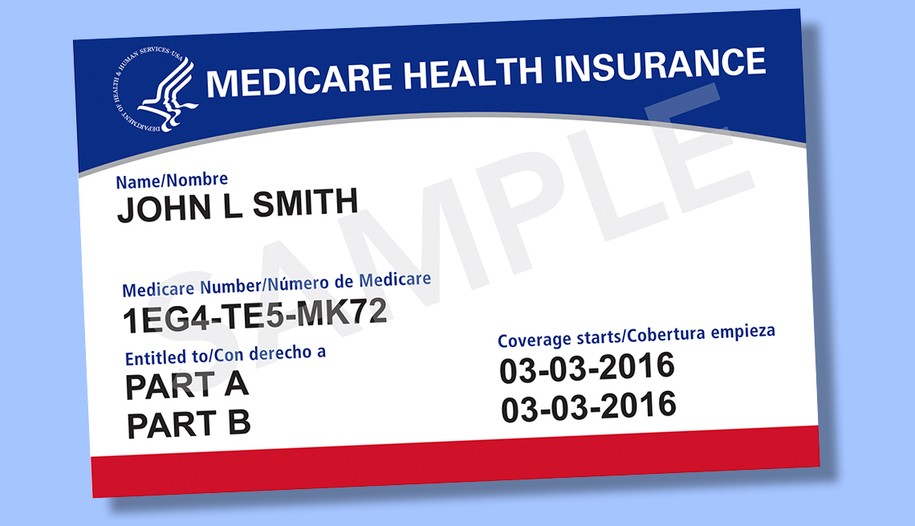Medicare is a social program that is intended to help certain portions of the American public solvent when dealing with the many medical issues and treatments they have to undergo. But which portions of the American society get to apply for it? This article intends to clear away and clarify any confusion regarding who can benefit from this specific social program.
The Specific Groups
Without going into special exceptions, there are generally three major groups of people that are eligible for Medicare.
- The elderly. This is one of the broadest groups that can apply for Medicare and applies to anyone age 65 or older.
- The disabled. Anyone with a severe disability, regardless of age, is eligible for Medicare.
- People with kidney failure. This group covers individuals suffering from “End Stage Renal Disease.” In essence, these people are either forced to rely upon dialysis or receive a kidney transplant.
It Is Not That Simple
It is also worth clarifying that Medicare is split into two parts, A and B.
Medicare Part A
Medicare Part A is considered the “hospital insurance” portion of the program. Eligibility for premium-free Part A Medicare is only valid for the following groups.
- Individuals, age 65 or older, who worked and contributed at least 10 years of Medicare taxes.
- The spouses of the above group, even they have not directly contributed the minimum decade of Medicare taxes.
- Individuals, age 65 or older, who receive retirement benefits from either Social Security or the Railroad Retirement Board.
- Individuals, age 65 or older, who are eligible for benefits from either Social Security or the Railroad Retirement Board but have not yet filed to receive those benefits.
- An individual, or the spouse of an individual, with government employment that is covered by Medicare.
- Individuals, or the spouses of individuals, who did not pay Medicare taxes while working but are age 65 or older and a citizen or permanent resident of the country, may be able to buy Medicare Part A on a case-by-case basis.
- Individuals of any age who have been entitled to disability benefits from either Social Security of the Railroad Retirement Board for a period of at least 24 months. Note that that 24-month minimum is greatly reduced to just one month in cases where the disabled individual has been diagnosed with Lou Gehrig’s disease, more technically known as Amyotrophic Lateral Sclerosis (ALS). Furthermore, individuals who receive disability benefits from Social Security are allowed to maintain their Medicare enrollment, in addition to their Social Security income, for no more than 9 months of “trial work” over a period of five years; these nine months need not be consecutive.
- Individuals of any age who are either on kidney dialysis or happen to be a kidney transplant patients. Note that in cases where a patient has End Stage Renal Disease, the patient must receive dialysis for a period of at least three months or be three months into recovery from a liver transplant before they can qualify for Medicare Part A.
It should also be reiterated that patients who receive Medicare due to disability have just as much coverage as patients who qualify for the program due to their age.
Medicare Part B
Unlike Part A, which has a window to apply without having to pay into it beyond taxes, everyone has to pay for Medicare Part B, which means that it is technically broader to gain coverage from than Medicare Part A. Medicare Part B covers all of the other medical stuff that is not covered by Part A; stuff like ambulance bills, medical co-pays and so on. The monthly premium for Part B comes out of a person’s regular check from Social Security, Railroad Retirement or Civil Service Retirement. In the event that a citizen does not possess any of these three varieties of coverage, Medicare will send that person a bill for their Part B premiums every three months. As the payment situation may indicate, the specific requirements for Part B eligibility breaks down as follows
- You must be at least 65 years of age.
- You must be a resident of the United States of America.
- You must either be a citizen of the United States of America or an alien whom has been lawfully admitted for permanent residence within the country and have been residing within the country for at least 5 consecutive years prior to the month of filing for Medicare.
Unlike with the checklist for Part A, Part B requires that each applicant qualifies for each step on the above checklist and there is no way into it for people under the age of 65 like there is with Part A.
Wrapping Things Up
While we hope that this article has thoroughly broken down who does and does not qualify for Medicare, we are not psychic. Again, the general demographics that can qualify for Medicare Part A, the portion that covers hospital insurance, would be the elderly, disabled and those individuals suffering from kidney failure and resigned to either dialysis or a transplant; the potential recipients for Medicare Part B, the medical insurance portion, are anyone who is 65 years of age or older, is an American citizen. If you still have any questions about whether or not you or a loved one qualifies for this specific social program, or you suspect that you may have a special case that needs to be heard, the official Medicare website has an eligibility tool that exists to help citizens understand where they stand in regard to eligibility into the Medicare program.

